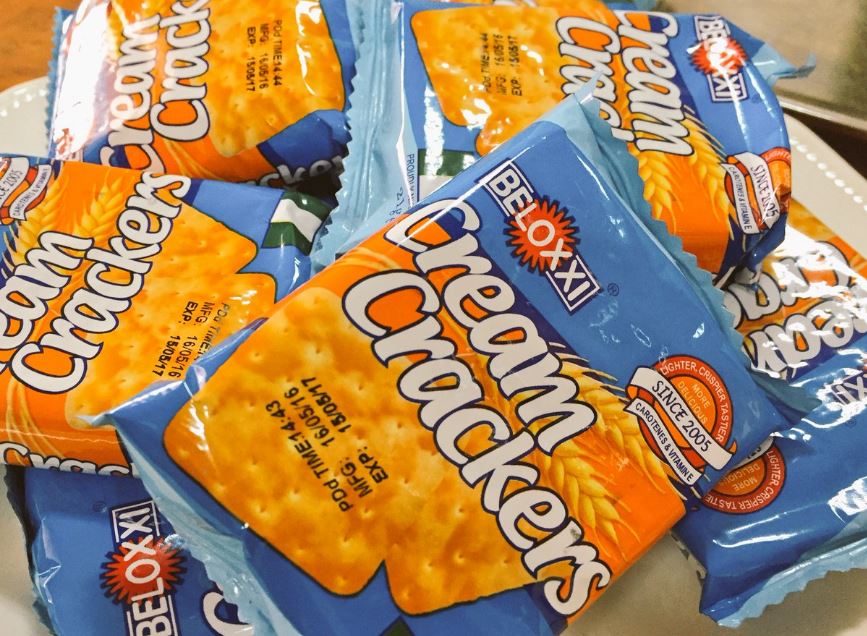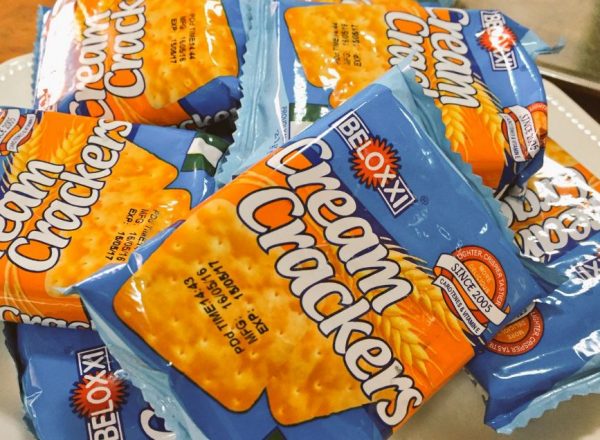WE might think that the biscuit is a peripheral part of our lives, a snack we occasionally stick into our mouths to occupy idle teeth or satisfy yearning taste buds. But more often than not, our trivial needs present smart entrepreneurs with the opportunity to make a lot of gains. Because there are a lot of people who have those kinds of ‘small’ needs. Nigerians do have a recurring desire to ‘hold their bellies’ with a few cookie bites, and that desire is so ubiquitous and frequent that the reward for a successful foray into the biscuit business in the country amounts to billions of naira. Investors have taken note of this as well- the recent purchase of a stake in the cream cracker manufacturing company Beloxxi by a group of private equity investors led by rock legend Bob Geldof’s 8 Miles fund is evidence of this.

The available data on Nigeria’s biscuits market probably does a better job of explaining why that sector has attracted much interest in the past few years. Agusto Research in its report on Nigeria’s confectionery industry suggests that the sector, comprising of biscuits, candies, chewing gums and chocolates, generated about ₦115 billion in 2014; it goes on to say that biscuits accounted for 60 percent of this figure. This isn’t surprising, considering the fact that Nigerians consume hundreds of thousands of tons of the product every year. Euromonitor explains that the demand for biscuits and snack bars is driven principally by two groups of consumers: those aged from 0-14 years; and the “time stressed urban consumers demanding on-the-go snacks”. The former group offers great prospects for the product: analysts predict that about 9.1 million individuals will be added to its number between 2015 and 2020. This, they say, will cause demand to soar, leading to a further expansion in the industry.
The attention being received by Nigeria’s confectionary industry from multinational companies should not be taken as an indication that everything is fine with the sector. High production costs have put off smaller participants from investing in biscuits, and unstable economic conditions do have an effect on product demand and pricing. Notwithstanding these challenges, the future looks bright for biscuits in Nigeria, if the long-term growth path as observed by the experts are anything to go by.
In summary, the biscuit business is big (though it comes in small packets), and will get even bigger. The snack has helped create thousands of jobs and has put food (admittedly, more than ‘just’ cream or salted crackers) on the tables of a large number of families across Nigeria. It isn’t a minor commodity. At least, Bob Geldof thinks it’s worth millions.


